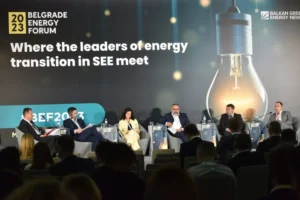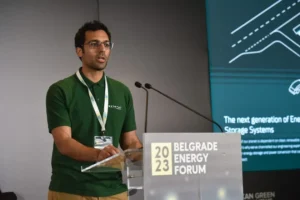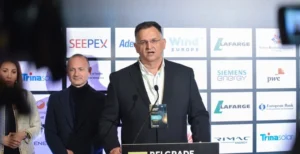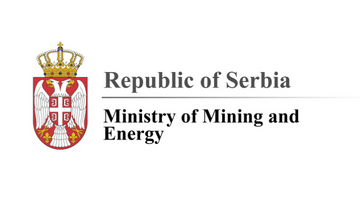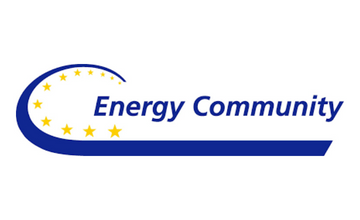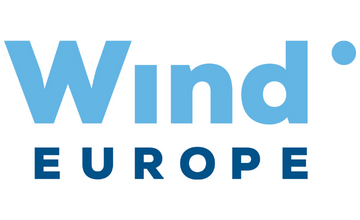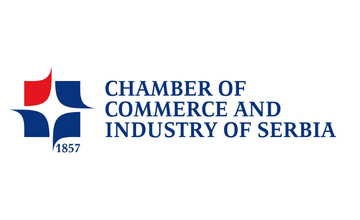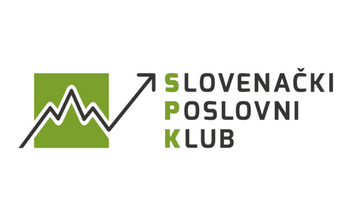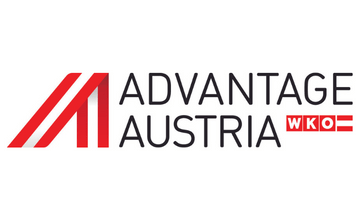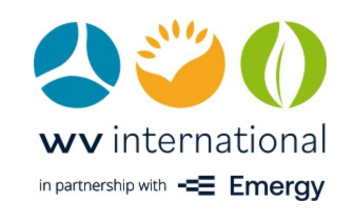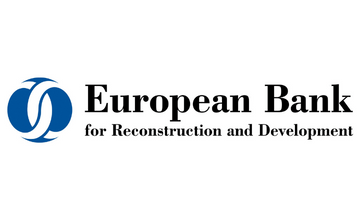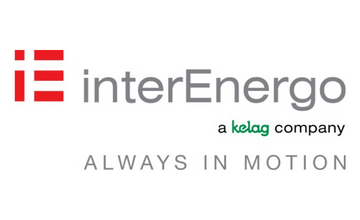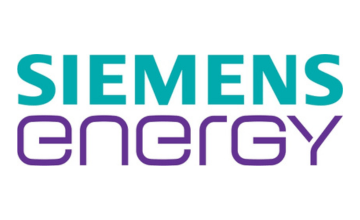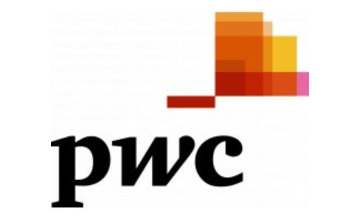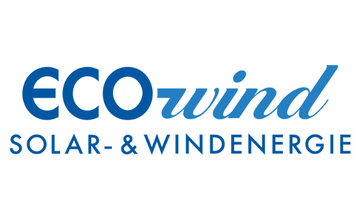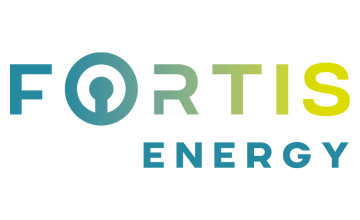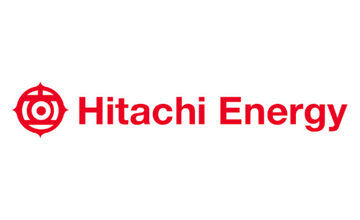Where the leaders of energy transition in SEE meet
May 13-14, 2024 Crowne Plaza Belgrade
350+
participants
50+
speakers
8
panels
150+
companies
Energy transition of Southeast Europe - through decarbonization and system integration to climate neutrality and exit from the crisis
The Belgrade Energy Forum 2023, the new conference format of the Balkan Green Energy News portal, will be held on 8 and 9 May 2023 at the Crowne Plaza Hotel in Belgrade. Built on the success of conferences in 2021 and 2022, as well as on the strong position and reputation of the portal in the region and the world, including the centers of political, economic and financial decision-making, BEF 2023 will be the place where the leaders of energy transition of Southeast Europe meet.
Like the rest of Europe, the region has faced a serious energy crisis further fueled by geopolitical frictions and rising inflation. BEF 2023 will discuss the most pressing energy challenges of the region: how to successfully implement the energy transition in accordance with the Green Agenda imperative and climate action efforts, decarbonize the energy and other sectors, provide infrastructure, technologies and capital needed for new low-carbon and green capacities, and strengthen system resilience and energy security of the region through regional cooperation and partnerships with major energy actors beyond the SEE.
BEF 2023 will bring together decision-makers from the region and Europe , power utilities, leading investors in the energy sector, financial institutions, consulting firms, technology providers, companies for innovative services and digital solutions, and non-governmental organizations. All members of the first league of the region’s energy transition, or those who aspire to join it, will be in Belgrade on 8 and 9 May.
Secure your place in time as a participant or partner and be part of the most important energy event in the region for 2023.
Video BEF 2023
Speakers 2023
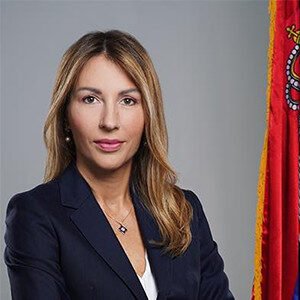
Dubravka Đedović
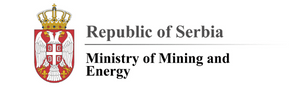
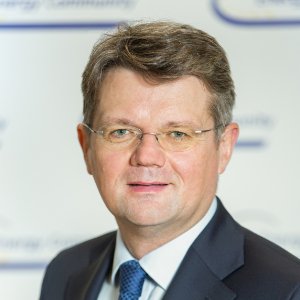
Artur Lorkowski

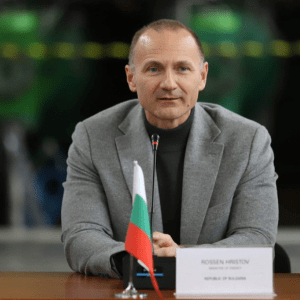
Rossen Hristov


Petar Đokić

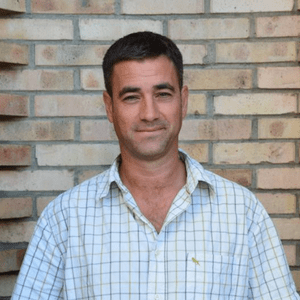
Christophe Gence-Creux
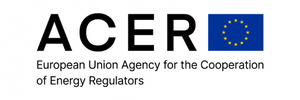
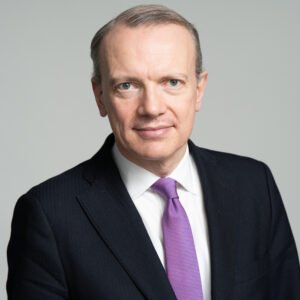
Giles Dickson

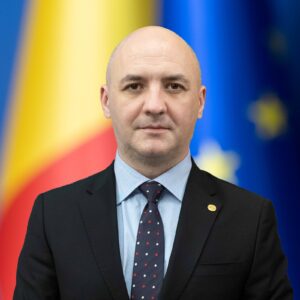
George Agafitei

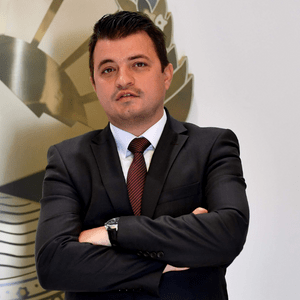
Viktor Andonov

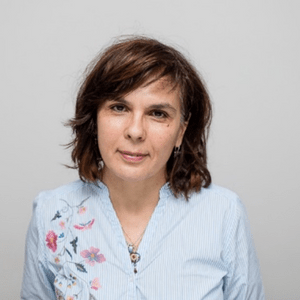
Norela Constantinescu

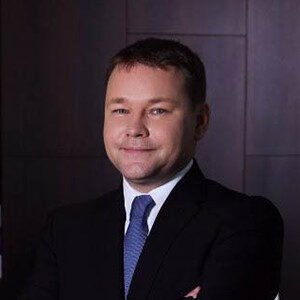
Anže Predovnik

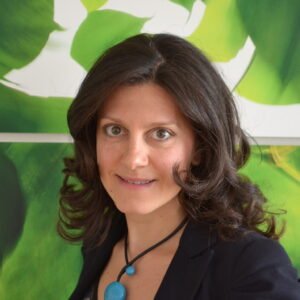
Jasmina Trhulj

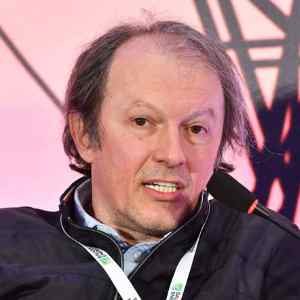
Miloš Mladenović

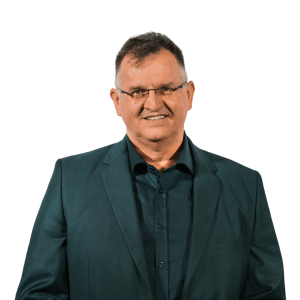
Dimitrije Knjeginjić
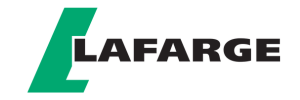

Milutin Đukanović

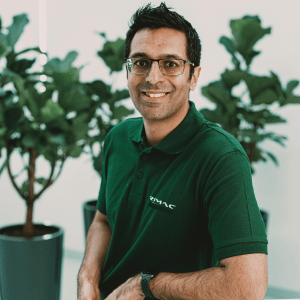
Dr. Wasim Sarwar Dilov

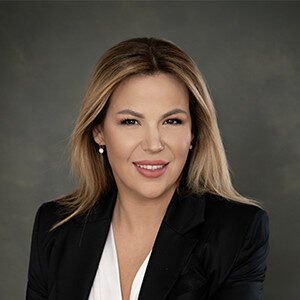
Neda Lazendić
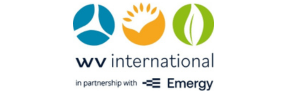
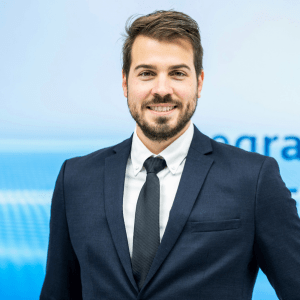
Robert Szabó

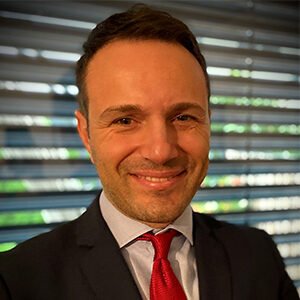
Arben Kllokoqi

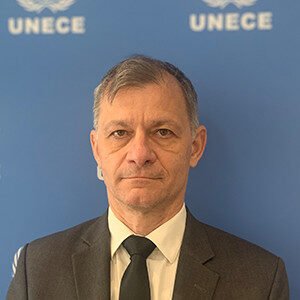
Branko Milićević

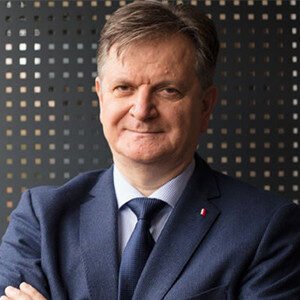
Mirza Kušljugić

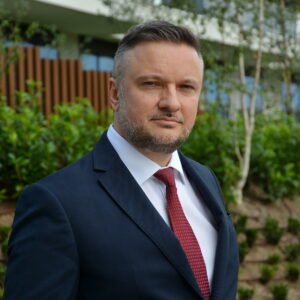
Bojan Bogdanović
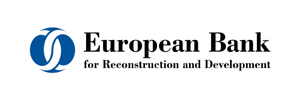
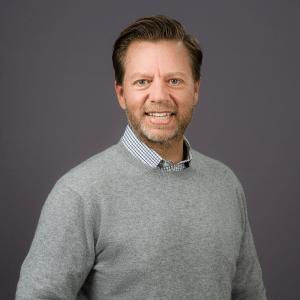
Chad Canfield

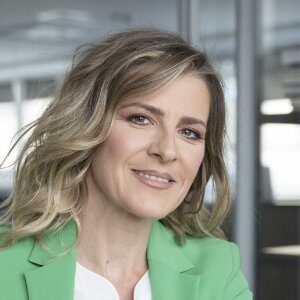
Maja Turković

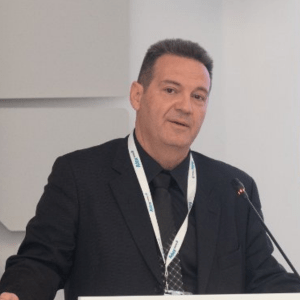
Dejan Stojčevski

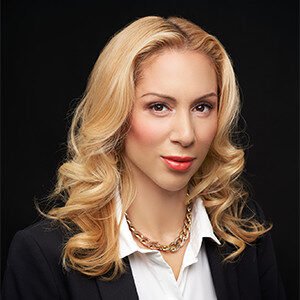
Elena Boškov Kovač

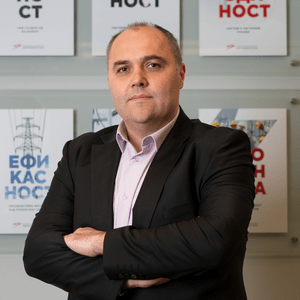
Aleksandar Kragović

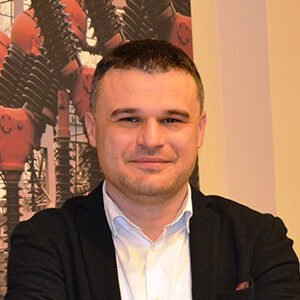
Marko Janković


Simon Franko

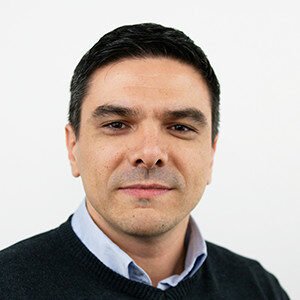
Marko Lasić

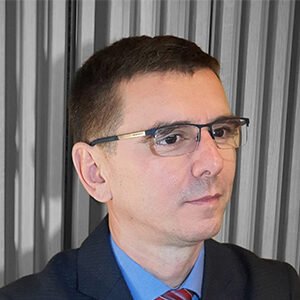
Dušan Macura

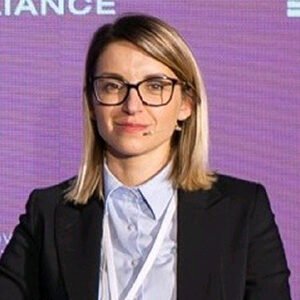
Biljana Grbić

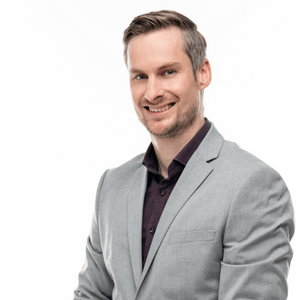
David Huber

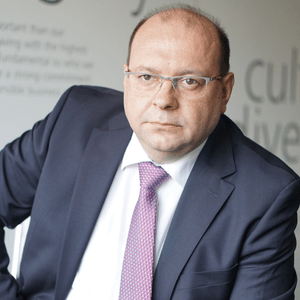
Željko Marković

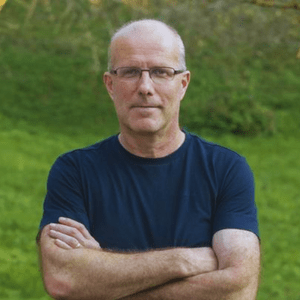
Jurij Curk

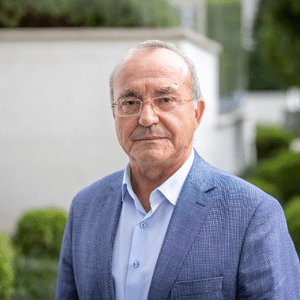
Nikola Rajaković


Petar Mitrović

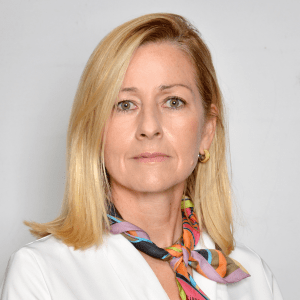
Svetlana Cerović

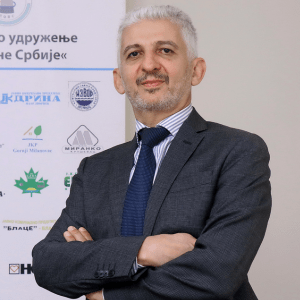
Dejan Stojanović

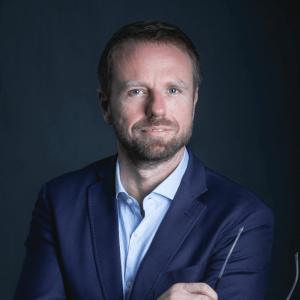
Petar Šainović
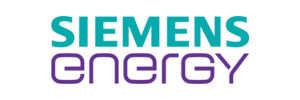
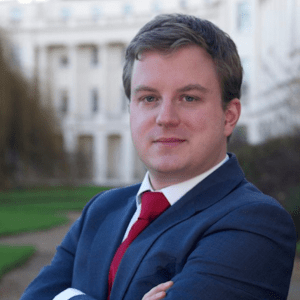
Pavle Milekić


Vugar Veysalov

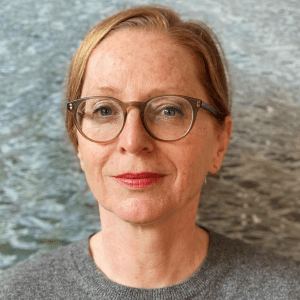
Barbara Jäggin Sprenger
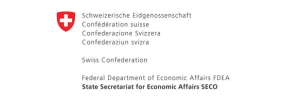
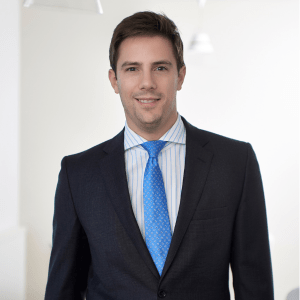
Mislav Slade-Šilović

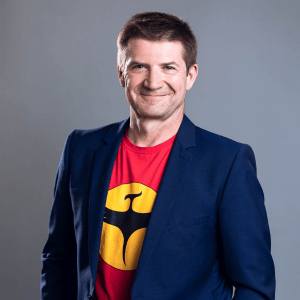
Dejan Turk

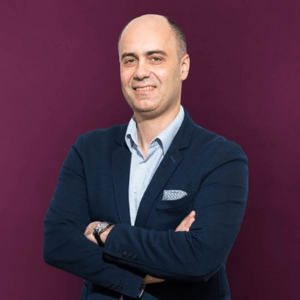
Viktor Delov


Matija Medojević

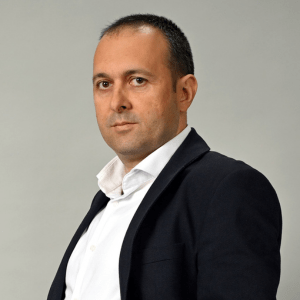
Miloš Smiljanić

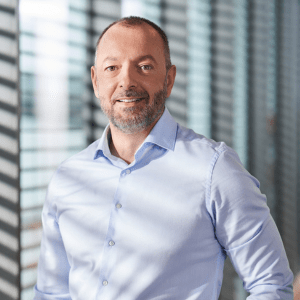
John Šuša

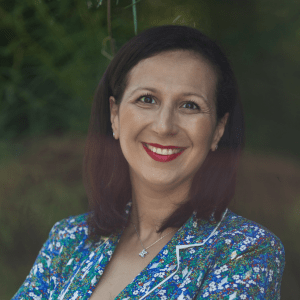
Mona Ben Salem


Georgios P. Lantzas

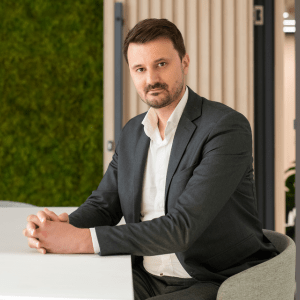
Danko Kalkan


Tamara Zejak

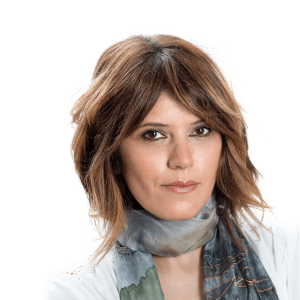
Marija Filipovska Jelčić


Dunja Jandl

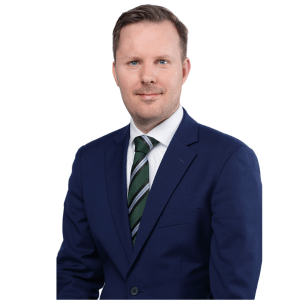
Georg Gutfleisch

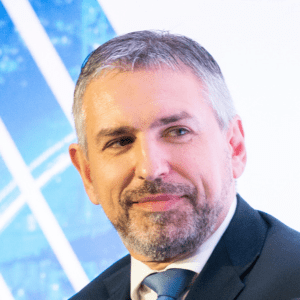
Aleksandar Jakovljević

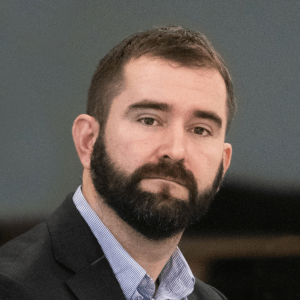
Aleksandar Latinović

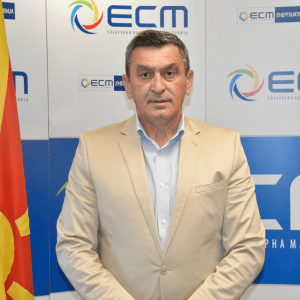
Vasko Stefanov


Anes Kazagić

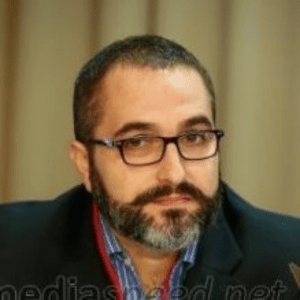
Vladimir Đorđević

Agenda 2023
8th May 2023
-
DAY 1
08:00 – 09:00
Registration and welcoming coffee
08:50 – 09:00
Statements for the media
09:00 – 09:05
Welcoming remarks
Branislava Jovičić, Founder and Editor of Balkan Green Energy News
09:05 – 09:30
Opening ceremony
- Artur Lorkowski, Director, Energy Community Secretariat
- Dimitrije Knjeginjić, Director, Lafarge Serbia
- Dubravka Đedović, Minister of Mining and Energy, Government of Serbia
09:30 - 11:00
PANEL I
Energy system of Southeast Europe – strategies for overcoming the crisis
The energy map of Southeast Europe (SEE), as in the rest of Europe, is changing significantly and rapidly due to global geopolitical turmoil, the energy crisis, and the imperative of decarbonization, primarily of energy but also other sectors. In political and economic terms, the region stands in two columns. In the first column are member states of the European Union, with all membership benefits, including substantial financial support for energy investments. The second one are the countries of Western Balkans as contracting parties of the Energy Community, with limited access to finance, the problem of dilapidated thermal power plants, and the obligation to abandon coal. Yet, both groups share a common goal – to ensure the security of the energy supply and successfully implement the energy transition.
Which strategies do decision-makers from the region see as winning for getting out of the crisis and what do they envisage is the first panel’s topic.
Moderator: Professor Mirza Kušljugić, RESET
Panellists:
- Rossen Hristov, Minister of Energy, Republic of Bulgaria
- Petar Đokić, Minister of Energy and Mining of the Republic of Srpska
- Giles Dickson, CEO, WindEurope
- George Agafitei, State Counsellor, Government of Romania
- Viktor Andonov, Advisor to the Prime Minister of North Macedonia
11:00 – 11:30
Decarbonization of construction for a NET ZERO future, LAFARGE Serbia
- Dimitrije Knjeginjić, Director, LAFARGE Serbia
11:30 – 12:00
Coffee break
12:00 – 13:30
PANEL II
SEE power utilities in energy transition – a transformation toward green megawatts
Decarbonization of electricity companies from SEE, especially those in the Western Balkans, and their gradual transformation into modern energy entities that ensure a stable supply of carbon-neutral electricity to customers is one of the pillars of the region’s successful energy transition. Can the utilities independently carry out the transformation and build new capacities to produce green megawatt-hours, or do they need to partner with private investors for this undertaking? What models are currently in play, and what do they entail?
Moderator: Željko Marković, Senior Manager, Deloitte
Panellists:
- Aleksandar Jakovljević, Director of Strategy Department, EPS
- Milutin Đukanović, Chairman, EPCG
- Georgios P. Lantzas, CEO, PPC Albania Sh.A. & Business Development for the West Balkans region
- Vasko Stefanov, CEO, ESM
- Mislav Slade – Šilović, Energy, Utilities & Resources Consulting Leader, PwC SEE
13:30 – 14:30
Lunch break
14:30 – 16:00
PANEL III
Modern technologies for sustainable heating and cooling
Powered by

Decarbonization and the application of modern technologies are prerequisites for the sustainability of remote heating and cooling systems. Applying solar thermal and geothermal energy, heat pumps, biomass, and industrial waste heat reduces air pollution and GHG emissions. In the current intense energy crisis, locally available energy sources ensure the security of supply and increase the affordability of district heating and cooling services for end users. How will the SEE region make the best use of the possibilities of decarbonization of remote energy and reducing dependence on expensive fossil fuels is a question that will be addressed by the leading experts in this field in the region.
Moderator: Bojan Bogdanović, Principal Fund Manager, EBRD
Panellists:
- Dušan Macura, Head of Production and Distribution, Novi Sad DH company
- Aleksandar Latinović, Head of Ancillary Services, Electric Power Industry of Serbia
- Biljana Grbić, Consultant, Energy Community Secretariat
- Anes Kazagić, Head of Strategic development dept., Electric Power Industry of BiH, Sarajevo
- Dejan Stojanović, Director, Serbian Association of District Heating Companies in Serbia
16:00 – 17:30
PANEL IV
Market design – is the current electricity market model sustainable?
The energy transition and the crisis caused by the pandemic and the war in Ukraine disturbed global energy and electricity markets. This especially applies to Europe. Resolving the situation and establishing a new sustainable state is still not in sight. Is the current model of electricity market design sustainable or should it be changed? Do state interventions violate some basic free market postulates and the target model of a single European market? In which direction will markets develop? What is the priority: energy independence or energy transition?
Moderator: Dejan Stojčevski, Chief Operating Officer, SEEPEX
Panellists:
- Christophe Gence – Creux, Head of Department – Electricity, ACER
- Jasmina Trhulj, Head of Electricity Department, Energy Community
- Anže Predovnik, Director, ADEX Group
- Arben Kllokoqi, Director for Electricity Market Design, EFET
- Matija Medojević, Director, Montenegrin Power Exchange
- Vladimir Đorđević, Axpo
17:30 – 18:30
Networking reception
9th May 2023
-
DAY 2
08:30 – 09:00
Welcoming coffee
09:00 - 09:30
Legal insights for your smart energy investments, CMS Reich – Rohrwig Hainz
- Tamara Zejak, Senior Lawyer, Petrikić & Partneri AOD in cooperation with CMS Reich-Rohrwig Hainz
- Marija Filipovska Jelčić , Partner, CMS Reich-Rohrwig Hainz DOOEL
- Dunja Jandl, Partner, CMS Slovenia
- Georg Gutfleisch, Lawyer, CMS Austria
09:30 - 11:00
PANEL V
Major challenges for an increased share of renewable energy sources in the SEE region
Powered by
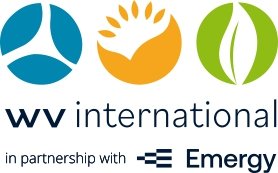
In the last few years, the region has achieved significant results in the production of electricity from renewable sources. However, investments in green kilowatts remain modest compared to global trends. Records are broken by Greece and Turkey, while the Western Balkan countries still need help with problems such as obtaining permits, equipment procurement, incomplete regulation, unclear market entry and balancing models, and an increased appetite for financing. What should the region’s countries and all participants in the supply chain do for investors to deliver more green energy to the grid? The main trends in renewable energy sources and the best practices will be discussed by leading experts on a panel that always attracts great interest.
Moderator: Petar Mitrović, Partner, Karanović & Partner
Panellists:
▪ Neda Lazendić, Country Manager, WV-International Emergy
▪ Miloš Mladenović, CEO, SEEPEX
▪ Maja Turković, Executive Vice President, CWP Europe
▪ Chad Canfield, Director of Project Finance, GGF & Finance in motion
▪ John Šuša, Head of Large – Scale Project Development Eastern Europe, Trina Solar
▪ Viktor Delov, Regional Relationship Manager, Cross Border Power Trading, Danske Commodities
11:00 – 11:30
Coffee break
11:30 – 13:00
PANEL VI
Winning corporate strategies to reach net zero
Decarbonization is an obligation of all of us. The global race to net zero carbon emissions requires that not just the energy sector, but other industries as well, including energy-intensive industries, and the commercial sector, shoulder the burden and include a path to net zero in their environmental, social and governance (ESG) plans.
How to solve the sustainability equation? How to design green operations, products, or services? How to reduce environmental impact, increase competitiveness and improve financial performance? – are some of the questions. The panel will feature concrete examples of how companies transform internally to more powerfully and decisively contribute to global climate action endeavours.
Moderator: Danko Kalkan, Manager, ESG Advisory Services, EY
Panellists:
- Dimitrije Knjeginjić, Director, Lafarge Serbia
- David Huber, Managing Director, Interenergo
- Dejan Turk, CEO, A1 Serbia & A1 Slovenia
- Svetlana Cerović, Head of Financing, Specialized Lending Corporate & Investment Banking Division, UniCredit Bank
- Simon Franko, Managing Director, BASF Adriatic
13:00 – 14:00
Lunch
14:00 – 15:30
PANEL VII
Infrastructure, technologies and financing for carbon neutrality by 2050
Powered by

For transformation into a modern, carbon-neutral energy system in parallel with providing security of supply, the region needs to develop and modernize its energy infrastructure, rapidly deploy green and innovative technologies such as renewables, hydrogen, battery storage, reversible hydropower plants, carbon capture and storage, waste to energy, conventional and small-scale nuclear facilities, and secure financing.
Moderator: Branko Milićević, Economic Affairs Officer, UNECE
Panelists:
- Vugar Veysalov, Head of External Affairs & SEI, Trans Adriatic Pipeline AG
- Dr. Wasim Sarwar Dilov, Director, Rimac Technology
- Aleksandar Kragović, Director of Directorate for Investments, EMS
- Mona Ben Salem, General Secretary & Dep. COO Central Europe (Assets), AKUO Energy
- Pavle Milekić, Principal Banker, Energy EMEA team, EBRD
- Petar Šainović, Managing Director Siemens Energy d.o.o. Beograd
16:00 – 17:30
PANEL VIII
Flexibility and digitalization for distributed energy production and consumption
Powered by

The energy system of Southeast Europe is rapidly moving away from centralized production and consumption towards a decentralized system. With an increasing number of renewable energy power plants, prosumers, electric vehicles and electricity storage systems, the need to integrate these sources into the system is growing, which will ensure system balancing and improve its reliability in real-time.
Find out how digitalization and platforms for improving flexibility (aggregators, virtual power plants) can help the optimization of new distributed energy sources, integration of new green power plants, and improvement of efficiency of the energy system, as well as its decarbonization.
Moderator: Elena Boškov Kovač, Managing Director, Blueprint Energy Solutions GmbH, Chair of European Commission ETIP SNET Working Group Digitalization of the electricity system and customer participation
Panellists:
- Robert Szabó, Director of Smart PV Solutions of Huawei Serbia & Hungary Digital Power Business Dept.
- Norela Constantinescu, Head of Innovations, ENTSO-E
- Marko Lasić, CEO, KOER
- Marko Janković, Head of Electricity Market Department, CWP Global
- Jurij Curk, Consultant to the Management, Elektro Ljubljana
- Professor Nikola Rajaković, Faculty of Electrical Engineering, University of Belgrade
17:30 – 18:00
Conclusions
News
Sponsors 2023
Photo Gallery
April 14, 2021
We look forward to seeing you in Belgrade!
Secure your seat at the most important energy conference in SEE this year
